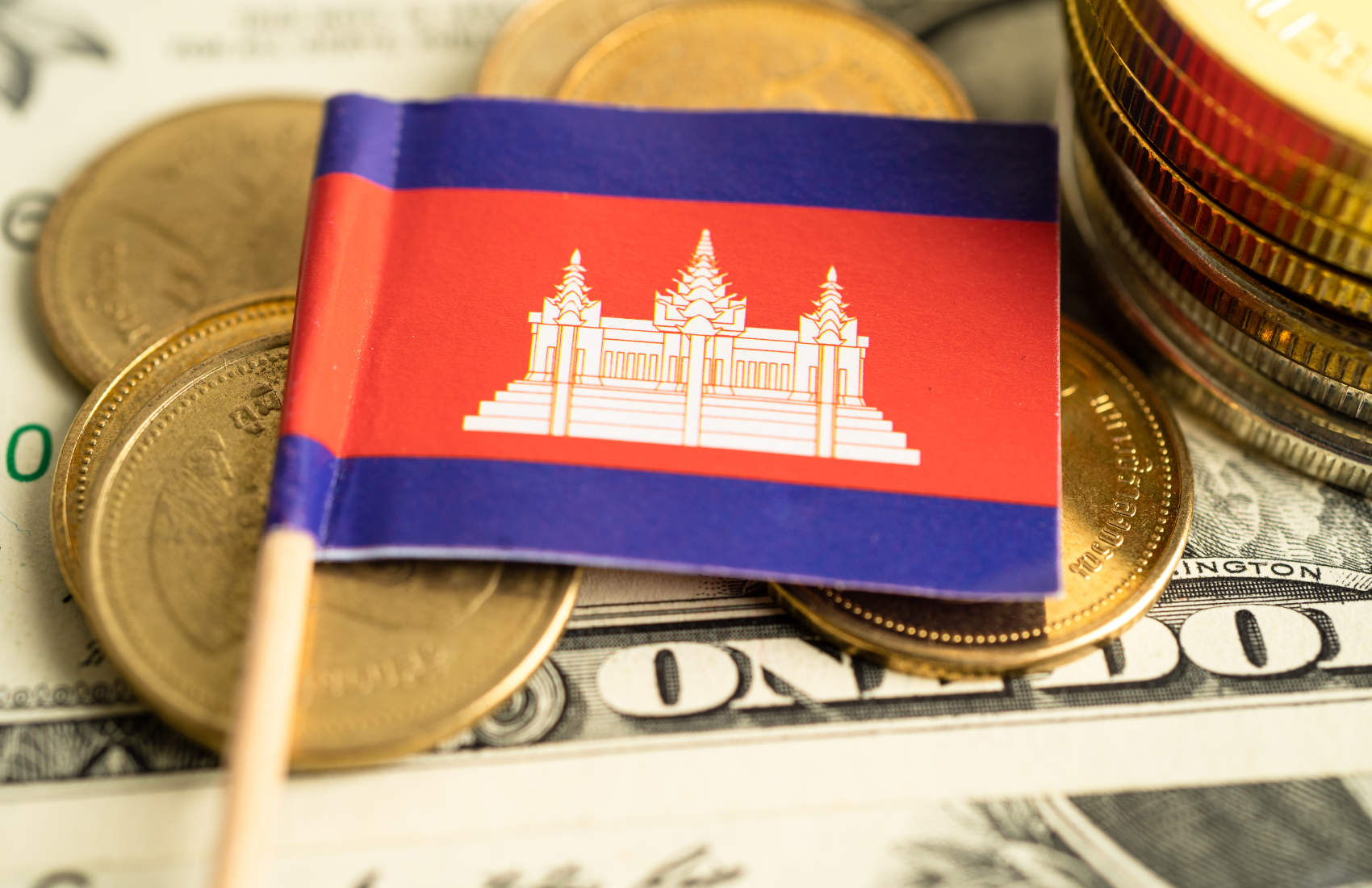THE National Bank of Cambodia has published a first set of rules on digital assets that apply to banks and payment service providers. Banks may have exposure to tokenized assets and eligible stablecoins, but no first-party exposure to cryptocurrencies. Several Cambodian media outlets have stated that the ban on cryptocurrencies persists. Our interpretation of the rules is more permissive: banks can provide cryptocurrency services to their customers.
Cambodia’s central bank rules distinguish between banks acting for their own purposes and those acting on behalf of a client – as a crypto asset service provider (CASP). In both cases, they require central bank approval. For direct banking exposures, institutions are limited to tokenization and stablecoins. However, the customer services clause does not mention the same limitation.
There is an additional clause explicitly prohibiting banks’ involvement in cryptocurrencies, but it is prefaced as relating to “their own cryptoassets”. Therefore, the consistency between the two clauses strengthens our conclusion that licensed banks may be permitted to provide cryptocurrency services to their customers, including custody, escalation and exit, and trading.
Eligible stablecoins and tokenized securities are classified into “Group 1,” similar to how the Basel Committee divides cryptoassets. Cryptocurrencies are considered riskier and belong to group 2. The document is a first step in implementing the Basel rules. It capped the exposures of the banking group 1 to 5% of capital, or 3% after hedging.
A payment provider can also be considered a CASP. The National Bank of Cambodia bans three activities related to cryptocurrencies. PSAPs cannot use customer assets for their own purposes, nor provide or enable loan services. They are not allowed to advertise any specific cryptocurrency, although they can advertise their own services.
No stablecoins for payments?
The third limitation appears to restrict the use of stablecoins for payments. It states that a PSAP is not permitted to “act or provide any service that promotes or provides means of using crypto assets to pay for goods and services.” It is not clear whether this is intentional or whether the aim is only for domestic payments.
Looking back, Cambodia launched Bakong, a hugely successful blockchain core payment system, in 2020. Although commonly described as a CBDC, it is actually closer to a token deposit system. Cambodia is heavily dollarized, so the dollar aspect cannot be a CBDC. Bakong is widely used nationally but has also been integrated into several regional payment systems.
On the one hand, the use of stablecoins could harm Bakong’s success. However, Soramitsu, Bakong’s technology partner, planned to integrate stablecoins into Bakong for international payments. Technically, the Soramitsu plan does not target Cambodians, so the stablecoin restriction may not apply.










